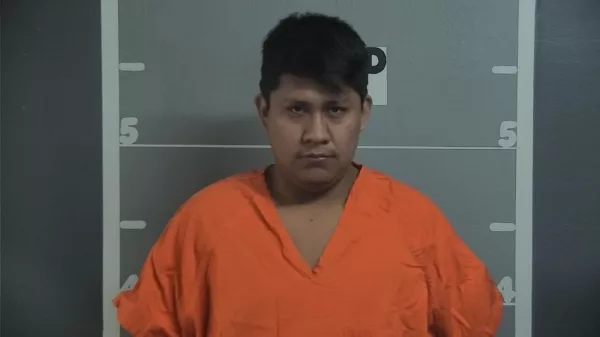
Grayson County Sheriff Norman Chaffins has issued a warning to residents about two scams prevalent in the county, with one of the scams costing a local resident over $15,000.
On the GCSO’s Facebook page, Chaffins issued the following information on the two scams:
Scammer claims to be with the Grayson County Sheriff’s Office
Someone is calling claiming to be the Grayson County Sheriff’s Office stating that you have an outstanding warrant for a bad check or loan or other issue. The caller i.d. may even show our correct phone number — There are apps out there that can alter caller id information to show whatever number they want.
In this case, they claimed to be the sheriff and put an attorney on the phone to tell you that it could be worked out if you paid the fee. Additionally, they may have personal info about you to make it seem legit. They get this info from the internet.
Info could include former addresses you lived, date of birth, acquaintances, ex-wives’ and/or husbands’ names, former jobs you have held, and much more info about you. They may have you go get money cards from a department store or give personal bank account info to transfer the money, or may even ask you to send it another way.
Chaffins added, in all caps: THE GRAYSON COUNTY SHERIFF’S OFFICE WILL NEVER ASK YOU FOR MONEY TO TAKE CARE OF A WARRANT OR ANY OTHER ISSUE.
The sheriff urges anyone who receives such to a call to immediately hang up the phone. And under no circumstances give the scammer any personal information. Chaffins said that if there is any doubt about the legitimacy of a call to contact the GCSO at 270-259-3024
Banking scam
Recently, one of our citizens was taken for over $17,000.
Here is how it worked: Someone called from a company and stated that $17,000 was erroneously transferred into the victim’s checking account. The scammer then tells the victim to check their account to confirm it. The victim checked the account and sure enough there was $17,000 more in the checking account than before the call. So victim called the bank and told them to transfer the money to the account number given to them from the “company.”
However, the “company” had already hacked into the account and transferred the $17,000 from the victim’s savings account to the victim’s checking account. The victim never thought about checking his/her savings account.
Our recommendation would be to find a credible ID Theft Protection Company so instances like the aforementioned would be covered. If not, NEVER give personal banking information to anyone unless you are 100% sure the transaction is legit. It may take a little longer to get done, but always double and triple check when you receive a call from an unknown source wanting money.
By Ken Howlett, News Director
Contact Ken at ken@k105.com








